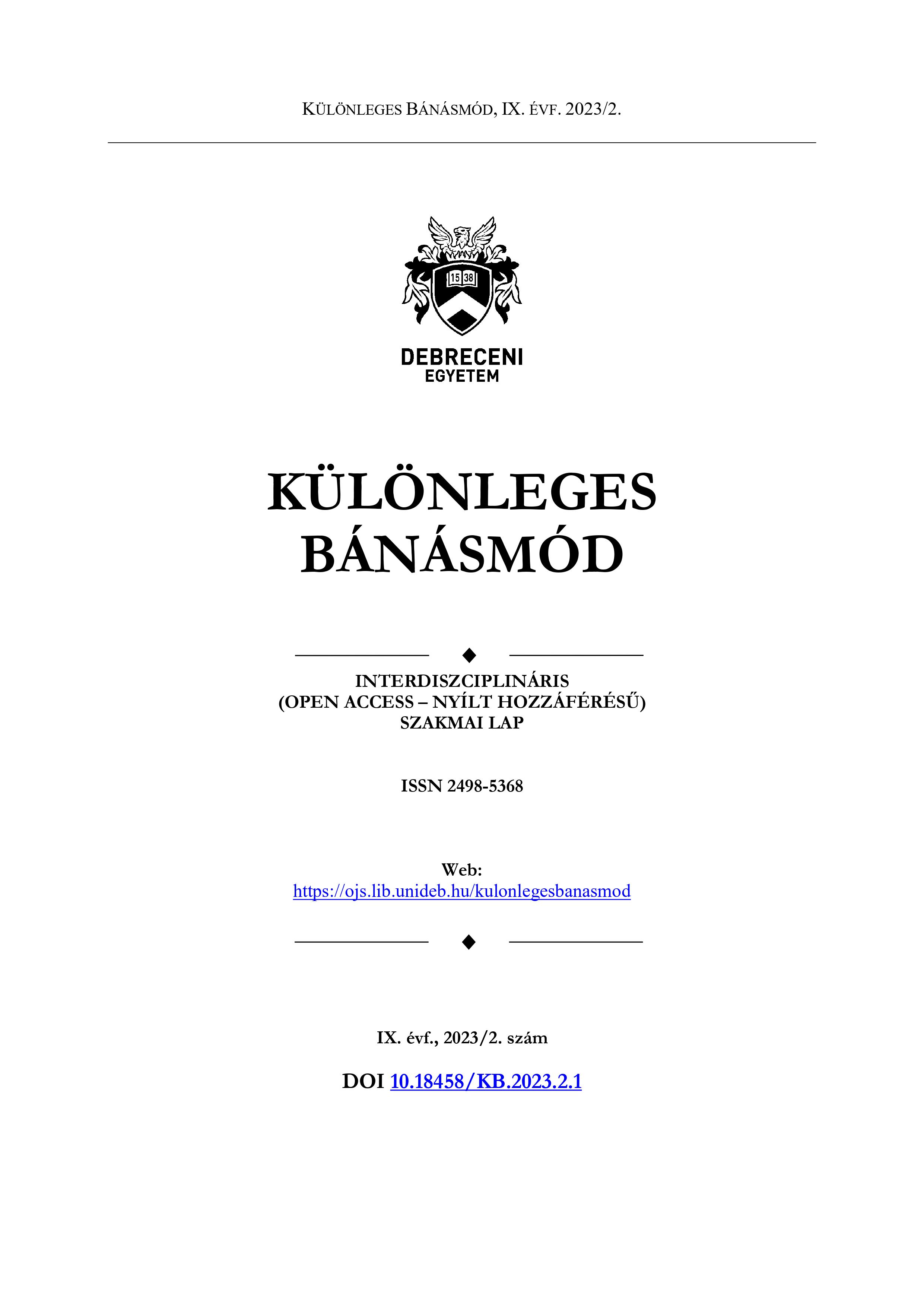FIRST-GENERATION YOUNG PEOPLE'S CHANCES OF OBTAINING A DEGREE BASED ON A LARGE SAMPLE ANALYSIS
Author
View
Keywords
License
Copyright (c) 2023 Dr. Bocsi Veronika

This work is licensed under a Creative Commons Attribution-NonCommercial-NoDerivatives 4.0 International License.
How To Cite
Abstract
Thy system of higher education can be analysed from the aspects of inequalities. The chance of attendance, the achievement, the phenomenon of drop-out, and types of training programs are approached from the students’ social background. Our analysis focuses on the chance of graduation of first-in-family people. The relatively rigid feature of Hungarian society and the lower mobility rate create a specific background for our research. Hungarian Youth Survey 2016 and 2020 databases were used during this analysis and we separated the subsample of young people between 25 and 29 (N2016= 2906, N2020=2874). We try to discover the patterns of parents’ educational reproduction, describe the features of first-in-family people, and identify those factors which can form the chance of graduation. A binary regression model was run by us in which the dependent variable was the obtaining of a degree and the list of independent variables contained socio-demographic variables (sex, type of settlement, the economic situation of the region, economic situation, parental educational level, the type of parental profession), different life events (crises, the number of children, etc.) and the identification with the parental lifestyle. With these results, we can identify such an intersectional life situation (being a woman, habitation in cities, more favourable economic situation, mother’s white collar work, medium parental educational level, without children) in which the chance of graduation is higher.


 https://doi.org/10.18458/KB.2023.2.17
https://doi.org/10.18458/KB.2023.2.17